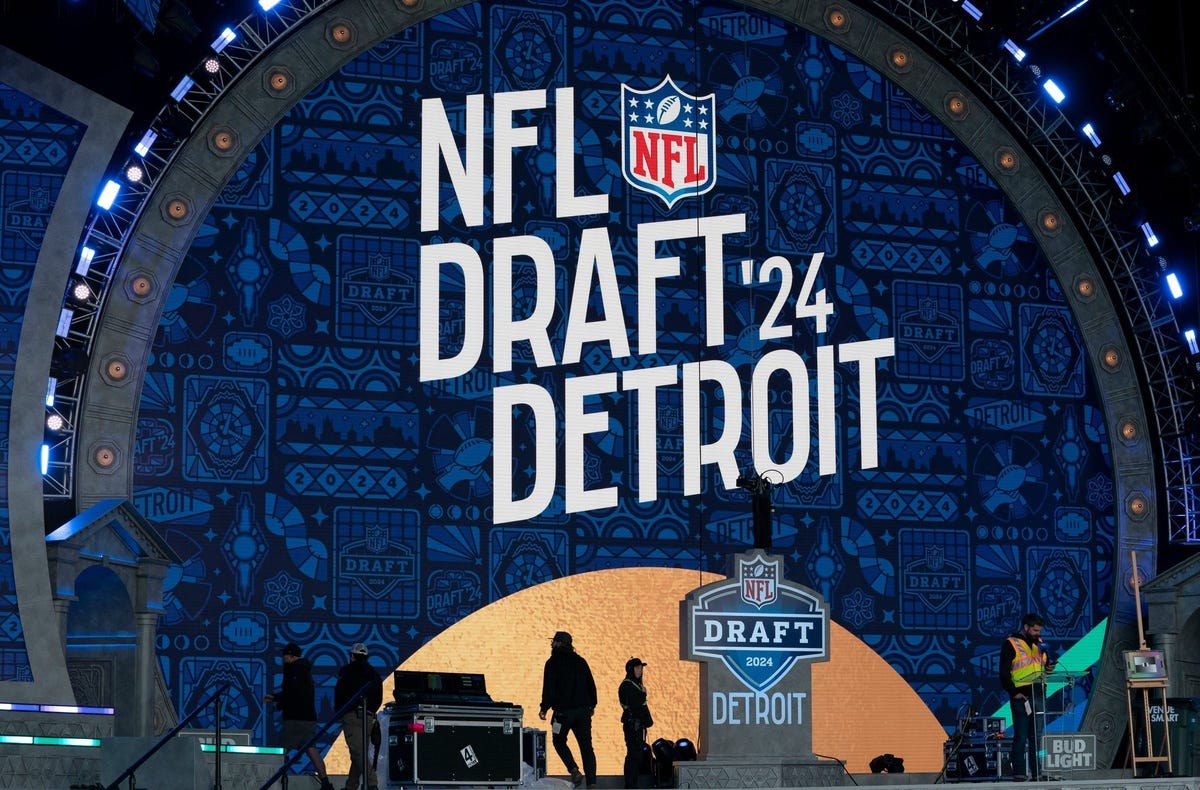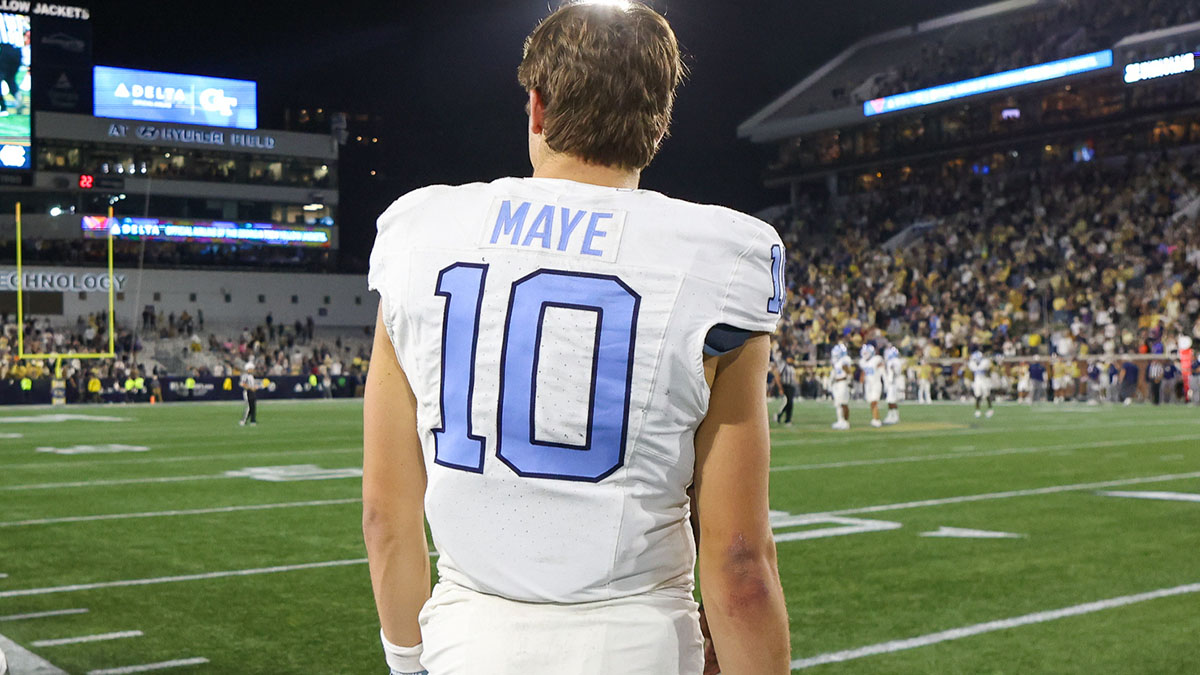Following an increase in awareness about concussions, the football team at Dartmouth College in Hanover, New Hampshire debuted a new tool Wednesday it hopes will make practices safer for student athletes.
The team's new "MVPs" are not most valuable players, but rather, "mobile virtual players." They are remote-controlled humanoid tackling pads that zip around the field as a real player would.
"It's real cool; real neat," said team captain Will McNamara, a linebacker. "It's going to totally change the game for us."
The MVPs replace the need to have one player take a big hit from another, and risk getting hurt, just for practice. At Dartmouth, football coach Buddy Teevens has barred any of his players from tackling teammates at practices, because of safety concerns. He said doing so is a growing movement in football.
"With safety and concussive head injuries, there's such an awareness out there right now," Teevens said.
The heavily-padded MVPs take the impact instead of the human players, and since the nimble humanoids are more squat than most athletes, Teevens said he thinks they'll help his guys train to make safer, lower tackles to the midsections of their opponents' bodies.
"It will allow them to be more proficient and successful, and I think injury reduction--concussive injury reduction--will be huge for us," Teevens said.
Local
According to the Associated Press, the debut comes amid growing concerns about concussions, fueled by cases of former professional players who suffer long-term impairment after repeated blows to the head. The NFL expects about 6,000 former players to develop Alzheimer's disease or moderate dementia in the coming decades, and under the terms of a settlement currently under appeal, would pay $1 billion to about 20,000 players. The league also donated $2.5 million to help launch an institute focused on the prevention of treatment of concussions and other sports-related injuries at the University of Washington.
"I've had a number of concussions," said rugby player Quinn Connell, a Dartmouth alum who, as a student, worked with others at the Thayer School of Engineering starting two years ago to design the concept.
Connell said the prime goal was to reduce player injuries, while providing football practices with a moving tackling target. He added that the MVPs, which will be operated remotely by an assistant coach or another knowledgeable person on the sidelines, should more accurately replicate game-day scenarios because the tools can mimic a real player’s footwork trying to avoid a tackle.
Of course, old-fashioned drills with traditional tackling dummies and pads will still continue at Dartmouth, but what the new units do is add that element of motion into the equation. On game day, a player isn't exactly just standing around waiting to get tackled.
"This could potentially become a staple on fields," Connell noted, explaining he and colleagues plan to keep refining the prototypes and take them national.
Dartmouth's dummies cost about $3,500 to manufacture, the AP reported. Researchers have a patent pending and are developing a business plan to market it to pro, college, high school and youth teams. Future models will be programmable with various drills and will more closely resemble the human form. Dartmouth hasn't named its MVPs, though one sported a green No. 52 team jersey during practice.
Coach Teevens noted that after video of an initial demonstration was posted to YouTube, the attention it drew led to calls and emails from all over the world from teams looking to obtain their own MVP. That list of inquiries even included contacts from the NFL, Teevens said.
"They're no different than us," Teevens said of pro teams' potential interest in the devices. "They can't tackle each other by union rules, but they could tackle this. And probably be a little more effective and probably practice more safely."
"The idea here is to make this a mobile target that is going to much better simulate a player in motion doing something you don't know they're going to do," explained John Currier, a research engineer with the Thayer School of Engineering, who worked with Connell and others to design the MVP.
With any new technology, there are kinks to work out, including how the MVP moves on a field and how it'll withstand all those blows from large players hurtling toward it.
Already though, the developers and the team testing it out believe these units can score big when it comes to improving player health.



